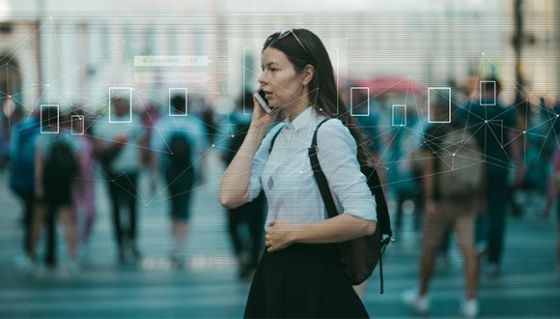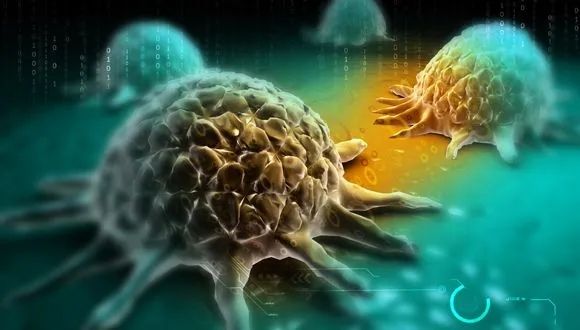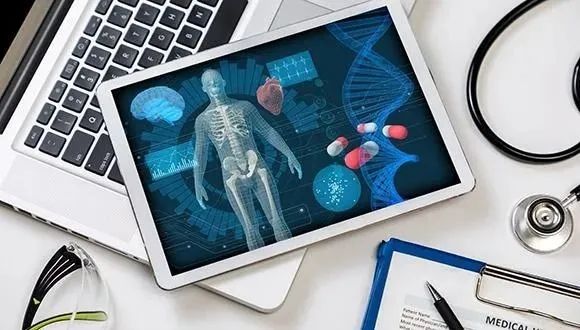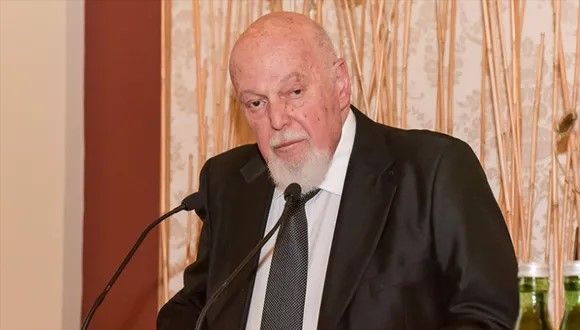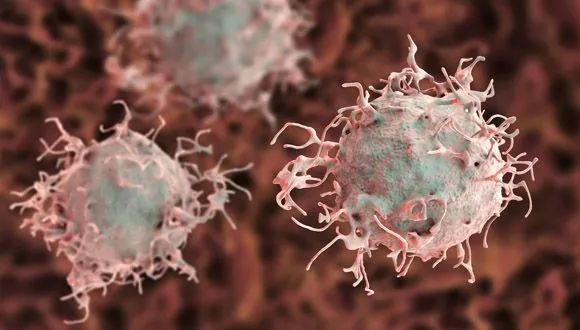On Saturday, March 14, Israel’s Prime Minister, Benjamin Netanyahu stated that the government intends to use various digital tools, the kind that have so far been used in the fight against terrorism, for the purpose of monitoring the coronavirus. His remarks remained vague and were not accompanied by detailed explanations, which raised many questions for citizens.
On the one hand, radical measures are being taken around the world to try to eradicate the coronavirus, including increased surveillance and tracking measures, in accordance with WHO recommendations. Apps and features that were previously controversial are being hailed as lifesaving. On the other hand, do public health considerations override an individual’s right to privacy? Is there a precedent for the state to surveil citizens who are not suspected of any crime? What will be done with this private information? Who will have access to it? We asked experts to shed some light on this.
Can your phone serve as your handcuffs?
On Saturday, Israel’s Prime Minister announced that among other measures being considered, there will be use of “digital tools, as done in Taiwan.” Prof. Itzhak Ben-Israel, head of the Security Studies Program at the School of Political Science, Government & Political Affairs and also of the Yuval Ne’eman workshop for Science, Technology & Security and Blavatnik Interdisciplinary Cyber Research Center said, “There are many options for this kind of surveillance. The simplest of them is to use the cellphone location function to make sure that the people who are quarantined at home aren’t leaving the house. Another option is to use the same location function to follow the path of someone who might be carrying the virus to see where they’ve been. This is a more intrusive option in terms of privacy. There are of course even more intrusive options, ‘Big Brother’ style. For example, it’s possible to track the ‘suspect’ who might be infected with the disease via the contents of their e-mail or social media, to find people the ‘suspect’ has been in touch with in recent days. In Taiwan, meanwhile, they’ve used the most minimal of the options I’ve mentioned: the use of the location function (as a kind of electronic handcuff).”
The concern: an irreparable violation of individual rights
“Israel’s Prime Minister didn’t elaborate on what measures would be taken, who would be affected by conducting the surveillance, and what legal framework would be used,” says Prof. Michael Birnhack, Deputy Dean of Research at the Buchmann Faculty of Law and also a researcher at the Balavatnik Interdisciplinary Cyber Researcher Center. “The state now has a number of legal tools to monitor people in various contexts, but there is no context that fits well with a general health emergency, such as the one we are in right now.
“Indeed, the emergency is severe, and Israel and many other countries have no prior experience in dealing with this kind of epidemic, but the right to privacy, like all human rights, is particularly important and is tested in times of crisis and emergency. A populist approach presents the situation as a dichotomy in which we must choose between public health and privacy. This is a false and misleading dichotomy. The democratic approach seeks to balance and, where possible, achieve both goals at once.
“The concern is that curtailing of rights will be difficult to fix, and emergency arrangements will remain with us long after the coronavirus disappears. To prevent such harm, the health system needs to be precisely defined. According to its needs, different tools available to the state can be examined, in order to find the course of action that last violates privacy (‘proportionality’ in legal terms).
“I can characterize some of these needs: First, the patients. They need the best care, and we all have an interest in reducing further infection. The patients’ privacy is compromised by the hospitalization. No additional follow-up measures are needed for them.
“Second, those isolated at home – the interest here is to make sure they maintain isolation lest they infect others. But here, the social solidarity, backed by the law that determines the isolation breach as a criminal offense, the ability to report someone, and the enforcement of the Ministry of Health backed by the police – are sufficient. Geolocation of people who are isolated won’t be effective. A person who wants to violate isolation will simply leave the mobile phone at home.
“Third, reconstructing the ‘path of infection’ for those who are ill. As part of the epidemiological investigation, not all patients remember where they were every hour from the 14 days prior to identifying their disease. Cellular data can help. But here, you don’t need the law. It’s enough to ask for their consent and, in my estimation, everyone will agree to give up their location data, to minimize the harm they’ve caused unintentionally.
“And fourth, locating those who have been exposed to a verified patient. Here, you need to be informed. Now, the Ministry of Health is publicizing the patients’ ‘path of infection’, but presumably the information does not reach everyone who was in the wrong place at the wrong time. Cellphone surveillance can locate them. This is where the idea of ’privacy by design’ comes into the picture. One way is that cellular companies transmit information to the state. This is a bad, disproportionate way. The goal is not to collect location information, but to inform citizens. So, the flow of information has to be reversed, so that the state asks cellular companies to contact those who were in a certain place at a certain time. The details are important, of course, and should be formulated in an integrated engineering-organizational-legal process,” concludes Prof. Birnhack.
In conclusion, responsibility seems to ultimately fall on everyone in society. It’s our responsibility to demonstrate social solidarity, to obey the instructions of official health agencies so as not to infect others, and help as much as possible those in our community who are afraid or are at higher risk. It’s also our responsibility to ask questions and not take for granted fundamental rights. It seems that balancing these two approaches will allow us to successfully overcome this crisis.

